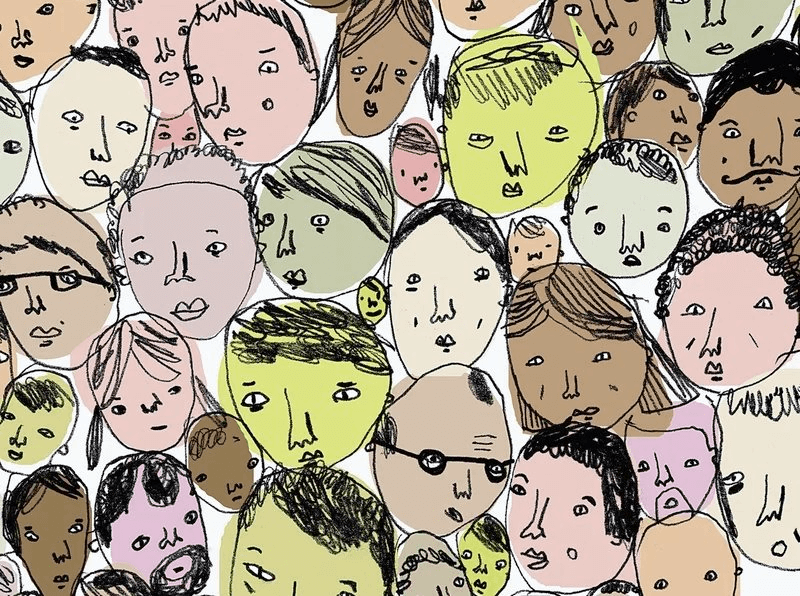Does nature shape who we are? Since the advent of cognitive science, neuroscience and behavioral genetics, this age-old question has become the topic of intense scientific research. But in the current social and political climate, the concern with human nature has become dangerously loaded.
In the past months, a growing choir of popular media has voiced impassioned concerns with the so-called innateness dogma… At the root of the anxiety, however, are not the technical scientific merits of these proposals but their social consequences — their potential to elicit harm and perpetuate injustice.
Now these concerns have moved to curbing the scientific process itself. In a recent editorial in the journal Nature Human Behavior — one of the leading scientific outlets — the editors have stated that they may request modifications or, in severe cases, refuse publication of “content that is premised upon the assumption of inherent biological, social or cultural superiority or inferiority of one human group over another.”
…
Why do people find the mere suggestion that genes shape their personality and cognition so troubling?
Recent findings from my own psychology lab’s research shed light on this mystery. It appears that people wrongly consider the psyche as ethereal, distinct from the body. So, they assume that psychological traits cannot be inborn, coded in our bodies from birth. To anyone operating with that assumption, the notion of inborn psychological differences seems frivolous — it smacks of discrimination. It is no wonder, then, that the very talk of human nature seems offensive.































